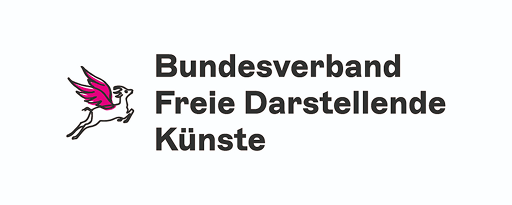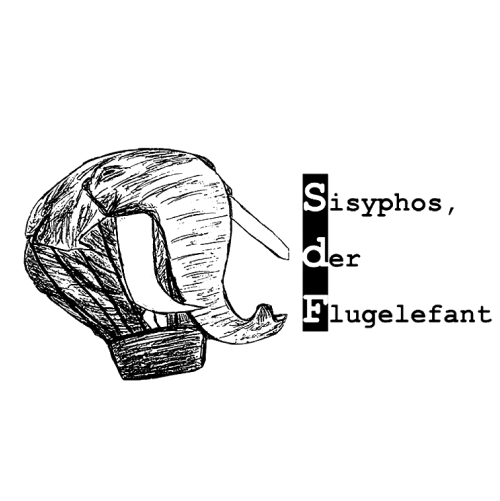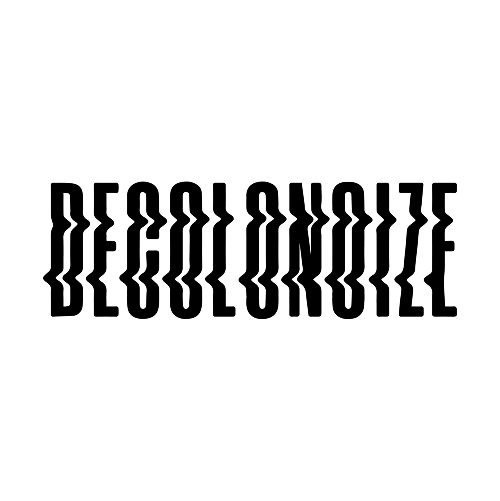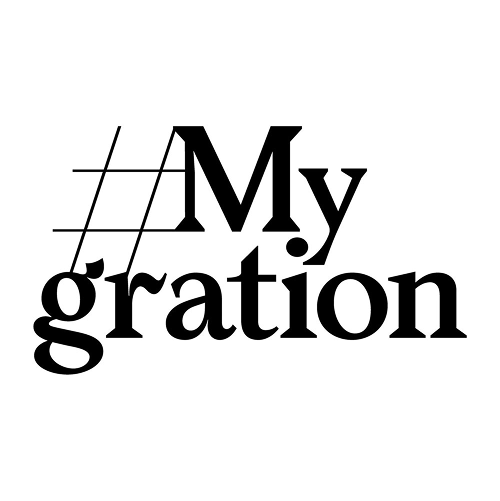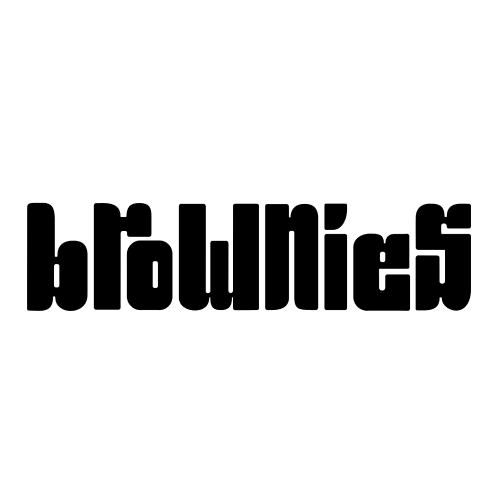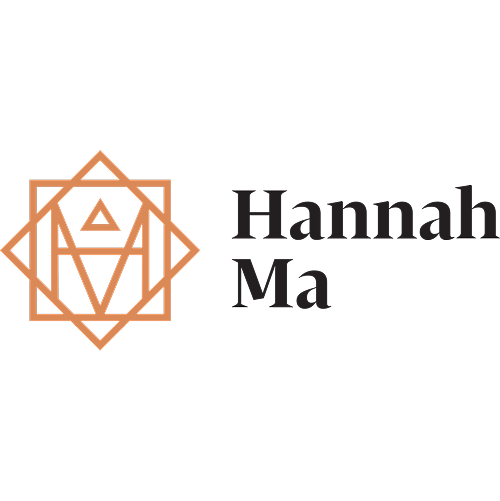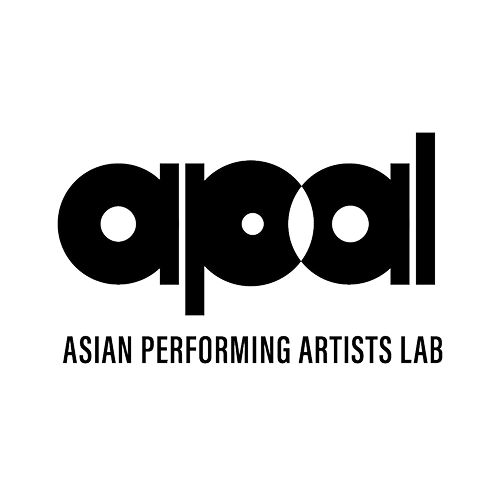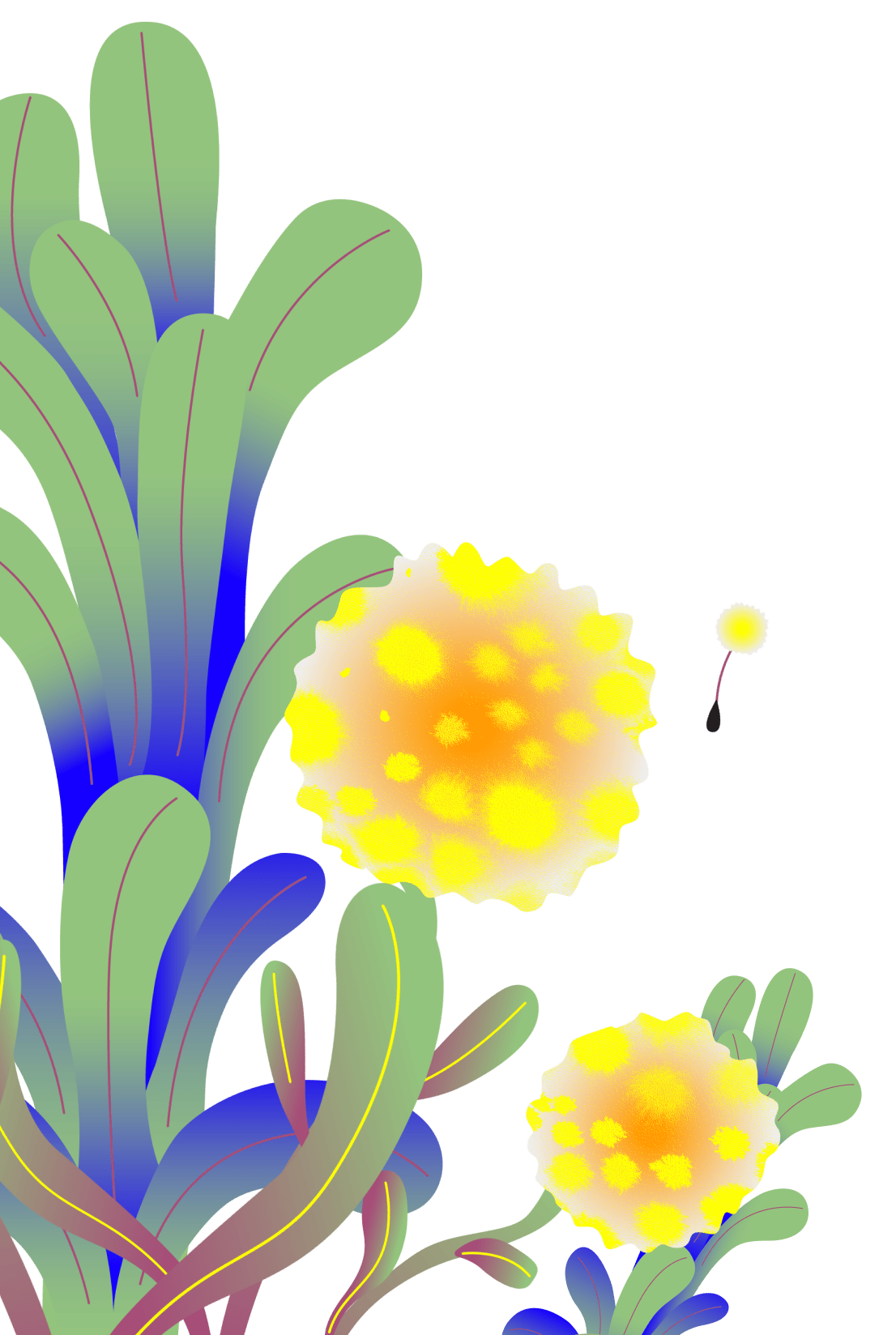
UNvalues
Introduction
Our values
At United Networks, our values are the foundation of everything we do. They guide how we work, connect, and advocate, always centering equity, solidarity, and the lived knowledge of racialized and marginalized (RaM) communities. As a values-driven organization, we commit to building a more equitable, inclusive, and sustainable arts and culture sector.
What Our Values Mean
Our values shape our daily practices and long-term goals. They guide how we build relationships, make decisions, and imagine more just and inclusive cultural structures. More importantly, our values evolve alongside our team, partners, and communities to ensure our work remains relevant and impactful—driving lasting systemic change.
Our Values-Setting Process
Our values were developed through workshops and conversations with our founding members, shareholders, operational team, and alliance partners in 2021 and 2022. In 2024, our shareholders with support from transformation consultant Yvette Robertson refined them further to reflect our ongoing growth and changing context.
Living Our Values
We see our values as a living framework that grows with us. Through regular reflection and open dialogue with our team, partners, and communities, we ensure that these values stay honest, relevant and aligned with our evolving work and context.
our values in actions
our values in actionsP.I.S.C.E.S. Principles
These core areas outline how we put our values into practice, guiding our work today and shaping our vision for tomorrow:
Political Impact
Influencing cultural policy decision-making processes and discourses
Increasing Visibility and Understanding
Make activist work more visible and ensure politicians and communities understand the relevance and methods of cultural political activism.
Engaging Artists and Communities
Find ways to involve more artists and community members in political discussions and actions, highlighting the importance of political awareness.
Raising Awareness and Condense Information
Simplify and disseminate information about cultural and political decisions to help stakeholders keep up.
Acknowledging and Utilizing History
Emphasize the importance of historical context and struggles to build a stronger foundation for current and future activism.
Innovation
Continuously developing and sharing new knowledge, tools and approaches to foster inclusive, creative, and effective solutions within our community and beyond.
Embracing and Fostering Innovation
Treat innovation as an ongoing, intentional process linked to problem-solving and creativity, recognizing that solutions for human problems are complex and require time. Learn from past mistakes and identify them for growth.
Enhancing Inclusivity and Knowledge Transfer
For UN, inclusivity means making spaces accessible for our communities, such as migrant and racialized groups, committed to developing an equitable cultural landscape. Implement practices like childcare, community agreements, awareness teams, and multilingual communication.
Communicating About Safer/Braver Spaces
Acknowledge that safe spaces don’t exist. UN works with community outreachers and network partners to co-create braver spaces with participants, combining UN standards with participant needs. Participants receive a Community Agreement draft upon registration and can suggest additions.
Implementing Tools for Clarity and Efficiency
Use tools like Culture Amp for engagement and feedback, and develop knowledge databases for continuous learning.
Solidarity
Promoting solidarity among racialized and marginalized (RaM) communities and anti-racist allies
Defining Antiracism and Its Application
United Networks follows the legal frameworks of the Berlin LADG and AGG, recognizing racism’s deep entanglement with patriarchy, capitalism, and colonialism. We take an intersectional approach, implement antidiscrimination clauses in contracts, pursue inclusive hiring, and provide awareness teams at events.
Creating Safer and Braver Spaces
Develop clear criteria for assessing degrees of safety and discomfort, encourage difficult conversations, and acknowledge different readiness levels for change. Our “UN Hospitality Rider,” a conversation starter for braver spaces, will be published in 2025.
Bridge-Building and Inclusive Engagement
Engage in collective actions with partners. Ensure event planning includes marginalized communities rather than catering only to dominant groups. Engage diverse antiracist allies from rural communities and multiple sectors to build broad and inclusive support.
Internal Alignment and Reflection
Regular internal check-ins ensure our team and partners stay aligned with our shared vision and methods, promoting ongoing reflection and adaptation to sustain inclusive and effective solidarity practices.
Care
Fostering mutual care and power awareness within our team, communities, and partners to help cultivate a caring cultural landscape.
Fostering Power Awareness and Supportive Team Culture
Continuously examine power dynamics through regular feedback, including monthly survey and alignment reviews supported by external transformation consultants. Strengthen team building with regular retreats and collaborative goal-setting. Support the operational team with professional growth opportunities and external facilitation.
Prioritizing Well-being and Work-Life Balance
Set clear boundaries to prevent burnout, encourage flexible scheduling, and foster peer-to-peer support for mental well-being. Develop practical tools for effective workload management, including regular check-ins and task coordination. If team members choose to contribute voluntary work beyond contracted hours, this is capped at a maximum of 10 hours per month to ensure workload remains manageable.
Enhancing Clear and Transparent Communication
Maintain open, accessible, and timely communication internally and externally. Encourage dialogue to reduce misunderstandings and share updates on UN’s evolving mission and values with all stakeholders.
Engaging and Reflecting with Communities
Regularly evaluate community needs and feedback through surveys and conversations. Increase event participation by removing barriers—such as providing childcare, accessibility, and multilingual support—and actively inviting marginalized voices.
Equity
Advancing equity through intersectional justice and shared responsibility
Enhancing Diversity and Foster Inclusion
Continue inclusive hiring practices that actively reach people from underrepresented and historically marginalized groups, including—but not limited to—queer* LGBTIQA+ individuals, people with disabilities and/or chronic illnesses, migrants and refugees, racialized and marginalized communities (Black, Indigenous, and People of Color), first-generation college students, and those from low-income or resource-limited backgrounds. Use formats like UN LAB & UNacademy to bring together diverse communities into braver spaces for dialogue and collaboration.
Prioritizing Accessibility and Transparency
Work closely with communities to implement practical accessibility measures, such as childcare and multilingual support. Clearly communicate the accessibility of events and resources. Recognize that challenging ableist practices is an ongoing process of learning and unlearning, and commit to developing long-term strategies for meaningful cultural change—together.
Setting Realistic and Manageable Goals
Define clear, focused objectives that are regularly revisited and aligned within the team to ensure sustainable progress without overextension.
Engaging Communities and Share Responsibility
Consult communities proactively before planning activities, providing equitable payment and recognition for their contributions. Be transparent about available resources and capacities to set clear expectations. Encourage antiracist allies to share the labor of this work, helping to reduce the burden on racialized and marginalized members.
Sustainability (Safety)
Prioritizing safety as sustainable care for our team, organization, cultural sector, and beyond.
Safety as Part of Sustainability
Integrate safety into sustainable organizational health to prevent burnout and support long-term impact. Be transparent about the level of support possible given available resources. Foster braver spaces that are co-created with participants, where everyone present shares responsibility for maintaining a respectful and supportive environment—especially for marginalized voices—and sensitive topics are approached with care.
Transparent Communication on Changes and Challenges
Clearly explain shifts in language or approach—such as rebranding “safety” under sustainability, changing from BIPoC to racialised and marginalised, or switching from underscore (_) to asterisk (*) in gender-inclusive language—to avoid confusion. Be open about funding realities, including reliance on temporary or predominantly white-led sources, and advocate for more sustainable funding models.
Holistic Resource Management
Use resources thoughtfully to maintain internal and external safety, balancing immediate needs with long-term goals. Define priorities and set achievable objectives aligned with available capacity.
Advocacy for Sustainability
Engage with policymakers and stakeholders to promote secure, long-term funding and structural support, ensuring the continuation and growth of equitable practices.
our positions
our positionsBased on our values and vision, we published a position paper in 2022 outlining three key pathways for removing barriers that hinder the transformation toward an equitable, inclusive, and sustainable cultural landscape.
These positions remain urgent today, and we invite cultural decision-makers, institutions, and practitioners to join us in realizing them—because creating a just cultural landscape requires more than declarations; it demands shared responsibility and collective action.
download position paper1.
From Marginalization to the Center
Marginalization means exclusion from resources, visibility, and decision-making. To counter this, we propose actively including experts from racialized and marginalized (RaM) communities in the development of funding measures, committees, and structures.
This inclusion should be:
– Recognized as essential expertise
– Equitably funded
– Equipped with decision-making power: Participation must move beyond tokenism to genuine involvement.

Photo: Michael Tibes

Photo: Alexander Ourth
2.
From Lip Service to Accountability
Anti-discrimination and equality laws exist – but implementation is often lacking.
We encourage the consistent enforcement and transparent monitoring of legal obligations such as:
– Basic Law Article 3 (3)
– General Equal Treatment Act (AGG)
– State Gender Equality Act (LGG)
– Berlin State Anti-Discrimination Act (LADG)
Publicly funded institutions should demonstrate accountability through clear reporting, structural measures, and personnel development.
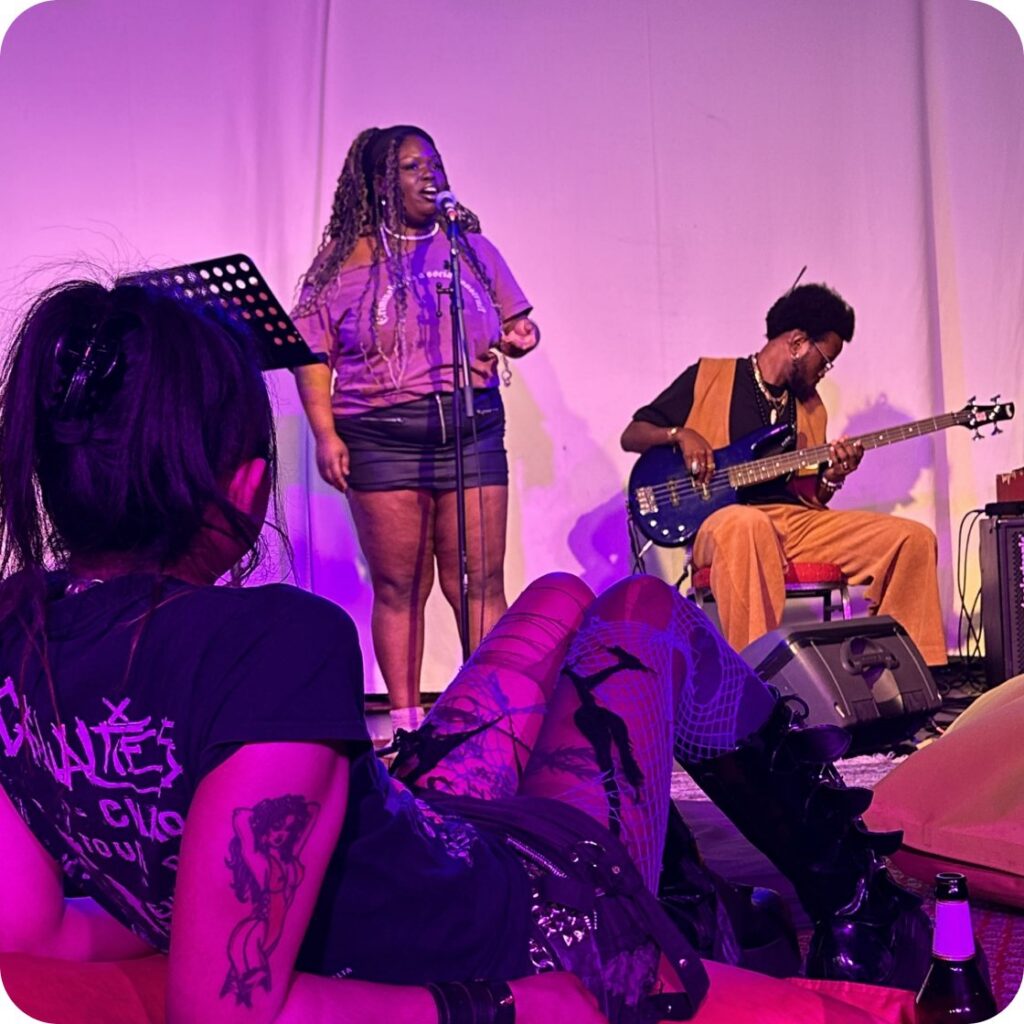
Photo: Sindi Zeneli
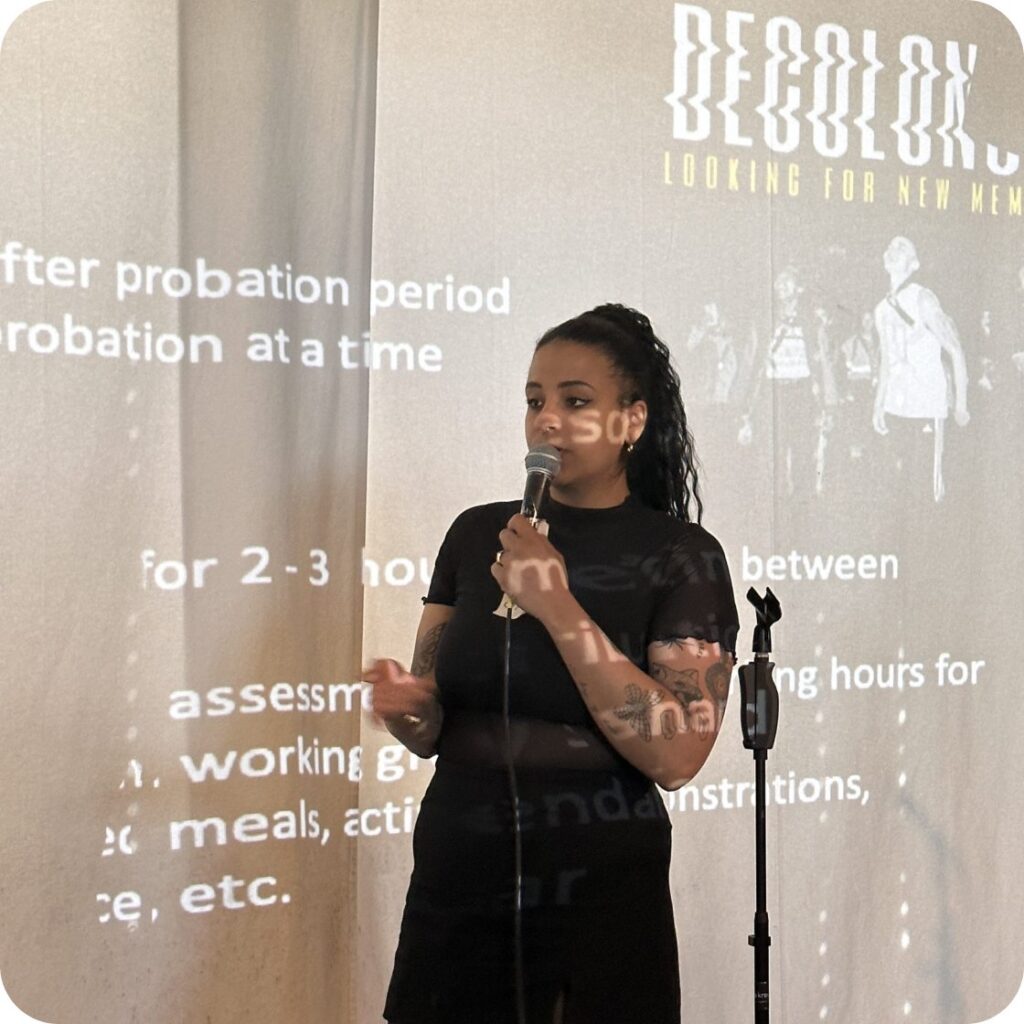
Photo: Sindi Zeneli
3.
From Historical Responsibility to Structural Transformation
Many institutions continue to reproduce colonial and hegemonic narratives. Building a just cultural landscape calls for a conscious break from these traditions and the creation of new, intersectional perspectives.
We recommend:
– Establishing legally anchored transformation practices
– Funding transformative structural work sustainably
– Making intersectionality as a binding criterion for funding and evaluation
Transformation should extend beyond temporary projects – it requires sustained resources and structural commitment.
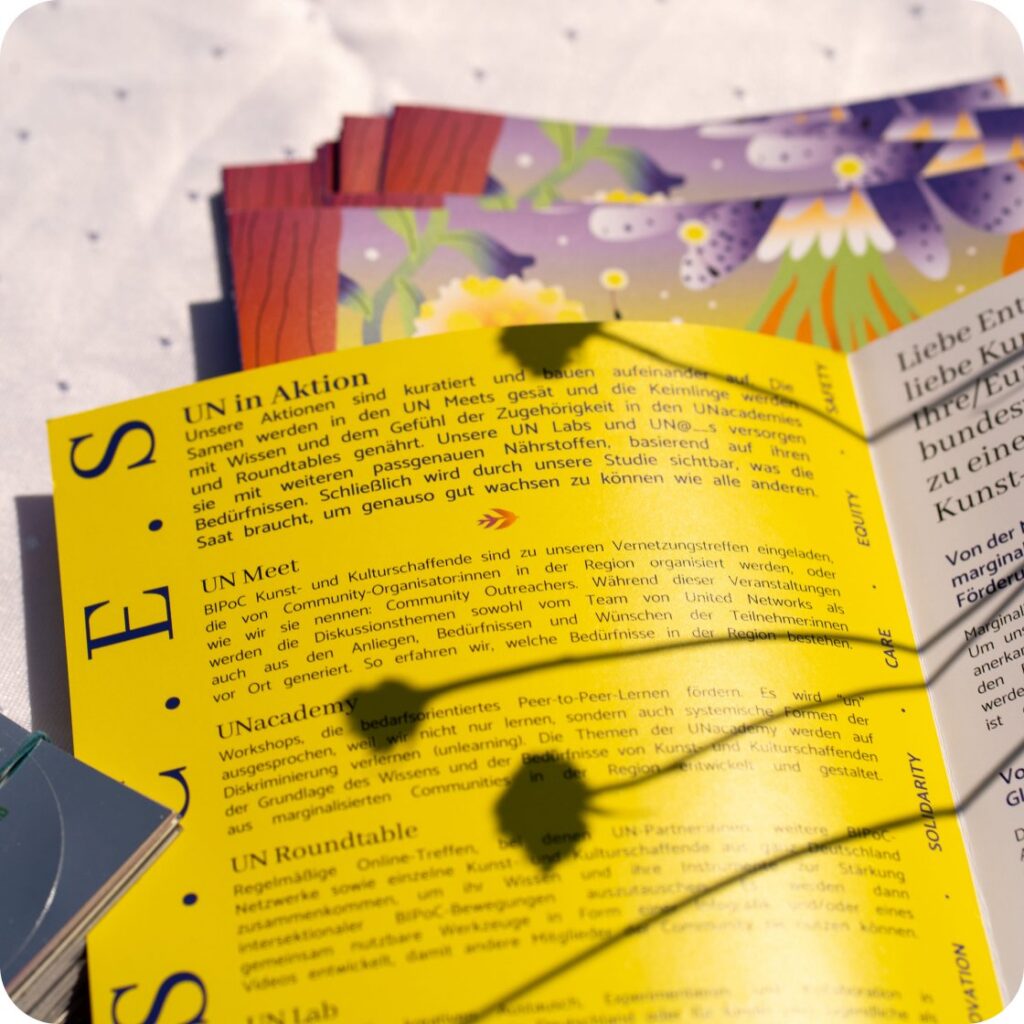
Photo: Sindi Zeneli
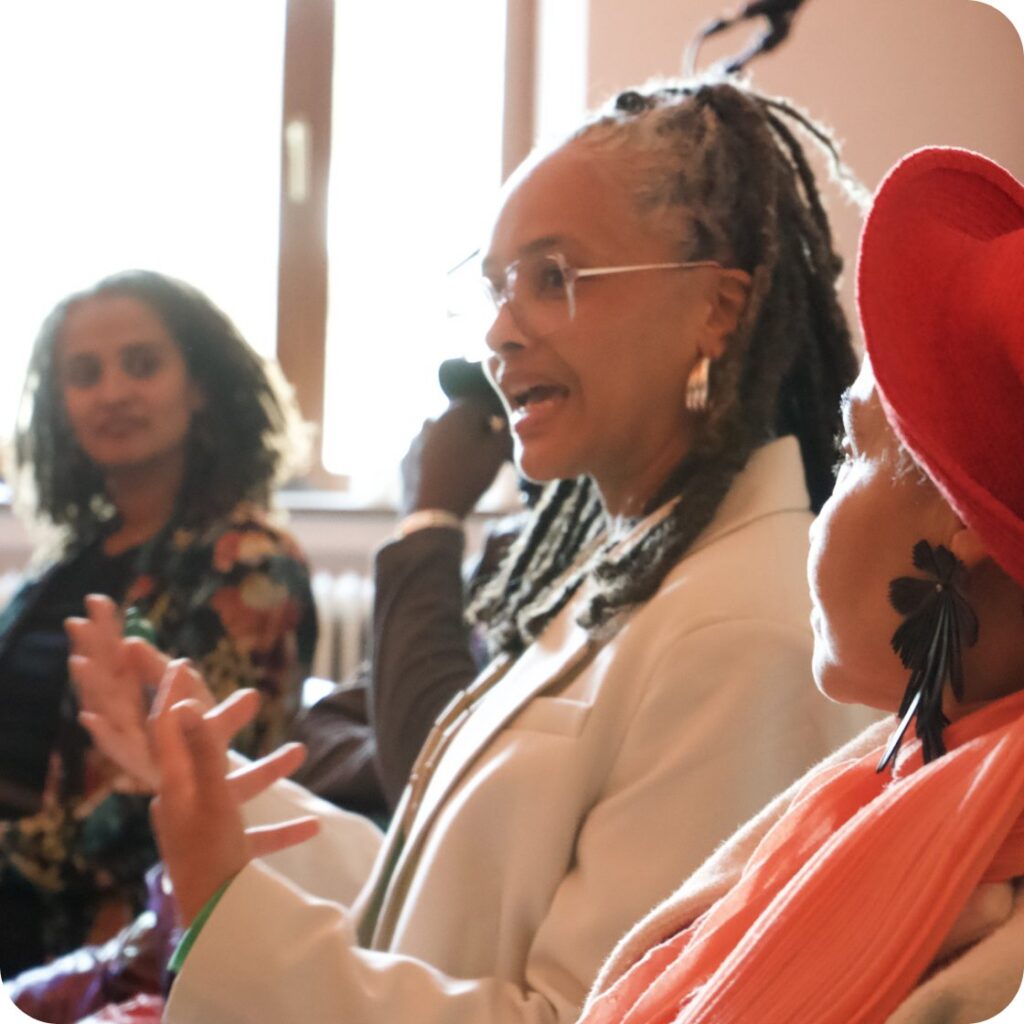
Photo: Yassine Jelassi
Our Appeal
A just cultural landscape cannot emerge from representation alone – it requires structural change. We call on political actors, institutions, and funders to take responsibility and create space for genuine co-creation.


